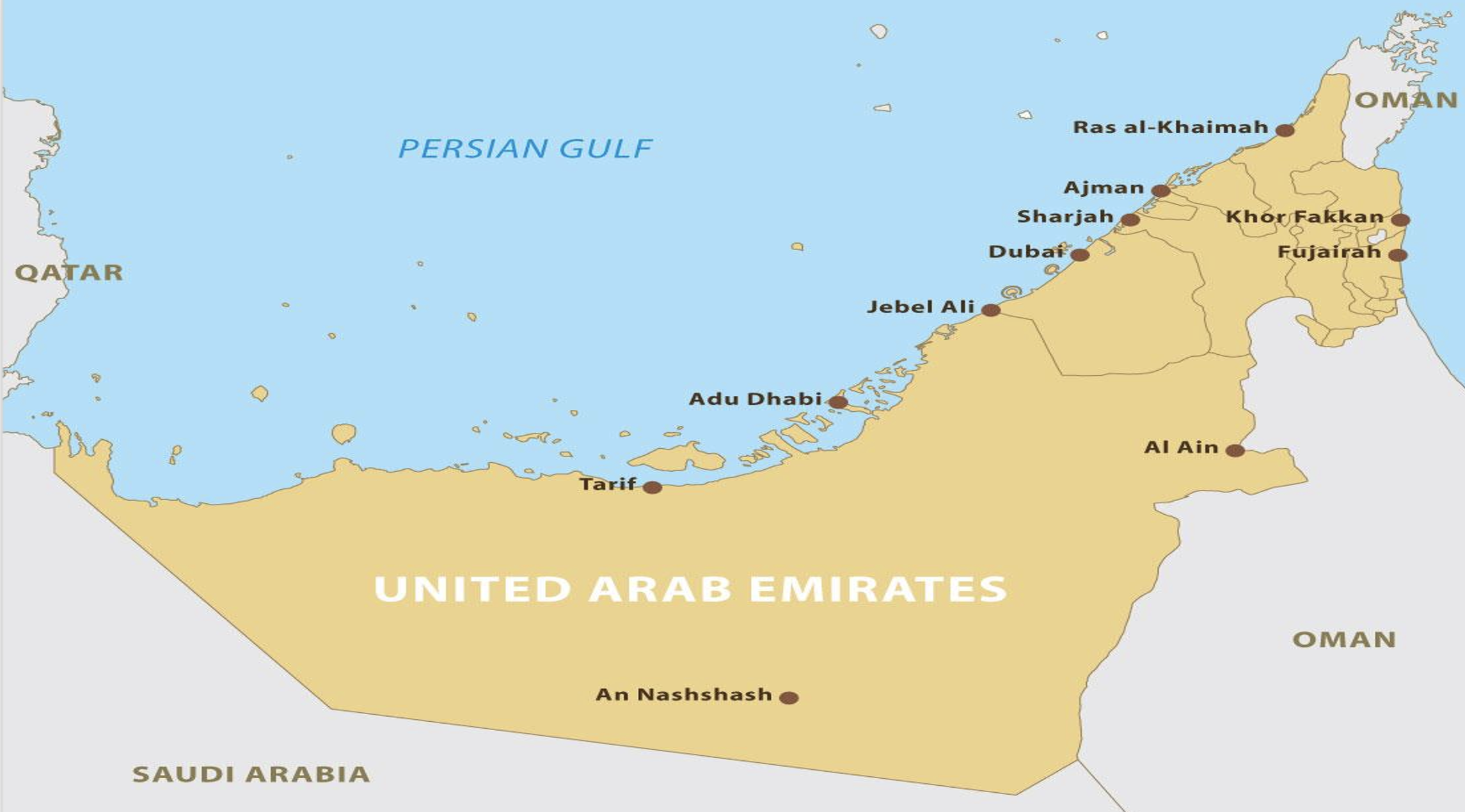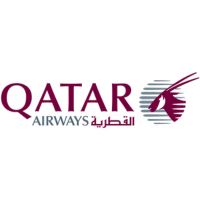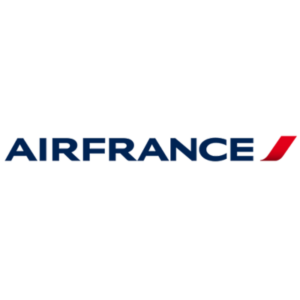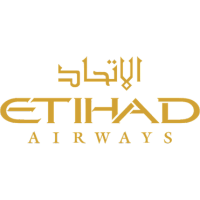THE 7 UNITED ARAB EMIRATES
ABU DHABI, AJMAN, DUBAI, FUJAIRAH, OUMM AL QAIWAIN, RAS AL KHAIMA, SHARJAH

EMIRATES TIME
The Emirates are in the GMT+4 time zone. It is therefore 2 hours later than in Paris in summer and 3 hours later in winter.
Depending on the time change in France, the time difference with the Emirates is different, as Emirati time is fixed.
CURRENCY
The currency of the Emirates, the Emirates dirham (AED), has a history of over 800 years and is one of the oldest currencies in the world. It became the official national currency in 1973.
The dirham is divided into threads, with 1 AED equivalent to 100 threads. Banknotes are available in denominations of AED 5, 10, 20, 50, 100, 200 and 400, while coins are available in denominations of AED 1, 1 thread, 5 threads, 10 threads, 25 threads and 50 threads.
The exchange rate between the euro and the dirham may fluctuate depending on current exchange rates. If you want to get a quick idea of the value of your money in euros, simply divide the price of the items by 4.
Bank cards are widely accepted in Dubai. You can withdraw money from ATMs in Dubai, but there may be a charge for this.





